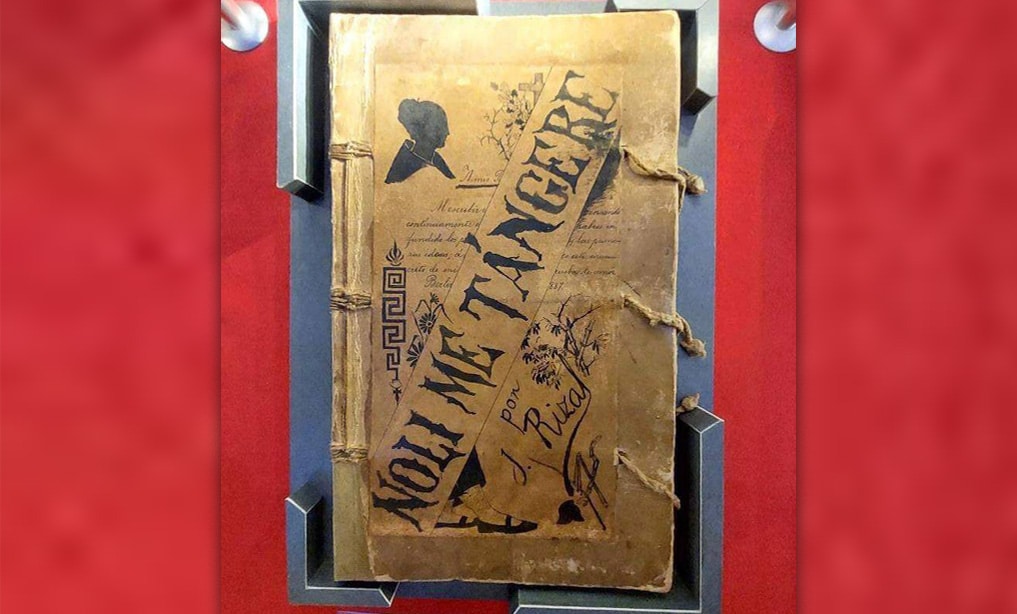AMONG Philippine heroes, Jose Rizal is the only one with a specific course dedicated to him in schools.
Students learn all about Rizal’s life and works, which inspired the Philippine revolution that sought independence from Spanish colonizers. The course has been taught since the 1950s.
But why are students being made to take an in-depth look into Rizal’s legacy?
This is because of Republic Act 1425, which was approved on June 12, 1956.
Why the need for this law?
According to the law, there is a need for a re-dedication to the ideals of freedom and nationalism for which the country’s heroes lived and died.
And Rizal’s works, particularly his novels Noli Me Tangere and El Filibusterismo, “are a constant and inspiring source of patriotism” that need to be instilled in the minds of the Filipino youth in their formative and decisive years.
The law also said schools must develop moral character, personal discipline, civic conscience and teach the duties of citizenship to students.
What does the law require?
RA 1425 states that courses on the life, works, and writings of Rizal, particularly Noli Me Tangere and El Filibusterismo, should be included in the curricula of all schools, colleges and universities, whether public or private.
It states that in colleges, the original or unexpurgated editions of novels or their English translation should be used as the basic texts.
It also tasks the Board of National Education to promulgate rules to implement this law, including those providing for the exemption of students for reasons of religious belief from reading his novels. But it also says the students are not exempted from taking the course.
Rizal in the library
The law further states that the libraries of schools, colleges,and universities must have an adequate number of copies of the original and unexpurgated editions of the Noli Me Tangere and El Filibusterismo, as well as of Rizal’s other works and biography.
The unexpurgated editions of the Noli Me Tangere and El Filibusterismo or their translations in English as well as other writings of Rizal must be included in the list of approved books for required reading in all public or private schools, colleges and universities.
Translating and distributing Rizal’s works
The law also seeks to make the works of Rizal more accessible and easily understood.
It mandates the translation of Noli Me Tangere and El Filibusterismo, as well as Rizal’s other writings, into English, Tagalog and the principal Philippine dialects.
Moreover, the Board of National Education must print these in cheap, popular editions and distribute these free of charge to persons desiring to read them, throughout the country.
Reiterating the law
In 1994, President Fidel Ramos issued a Memorandum Order directing the Education Secretary and the chair of the Commission on Higher Education to fully implement RA 1425.
Ramos also said that if necessary, they could impose disciplinary actions against school officials who would not comply with the law.
How to improve the teaching of Rizal’s works
The teaching of Rizal’s works in schools could be improved, according to poet, translator, and University of the Philippines broadcast communication professor Louie Jon Sanchez.
Sanchez, speaking at the Ayala Foundation’s digital conference on Rizal, recommends the systemic dissemination of Rizal’s works from kindergarten to college.
“Kailangan maging malay ang sistema ng edukasyon sa embedding kay Rizal”
Louie Jon Sanchez
For instance, kindergarten to grade 6 students could be given good materials about the life of Rizal and the characters of Noli me Tangere, El Filibusterismo and his other works, he said.
There should also be materials about Rizal written in other Philippine languages, he said.
If these would be successful, he said, high school and college students would be ready to read the original and unexpurgated editions of Noli me Tangere and El Filibusterismo because they have been prepared by the educational system.
Popular culture in the form of comic books, movies, and TV shows also help in the teaching of Rizal’s works as these make the characters and the stories of Rizal’s works familiar to the people, he further said.
Rizal’s martyrdom
The Philippines commemorates the life and works of Rizal every December 30, which is a national holiday.
It is the day he was executed by firing squad in Bagumbayan for rebellion.
But despite this holiday and the various ways the Philippines honors Rizal and his legacy, he is not officially the country’s national hero.
According to the National Commission for Culture and the Arts, there is no law, executive order, or proclamation that officially proclaims any Filipino historical figure as a national hero.
But there have been laws and proclamations issued honoring these heroes, the NCCA noted.
Nevertheless, Rizal remains highly regarded even if he has not been explicitly proclaimed a national hero, it said.
“The position he now holds in Philippine history is a tribute to the continued veneration or acclamation of the people in recognition of his contribution to the significant social transformations that took place in our country”
National Commission for Culture and the Arts
How useful was this post?
Click on a star to rate it!
Average rating 0 / 5. Vote count: 0
No votes so far! Be the first to rate this post.
We are sorry that this post was not useful for you!
Let us improve this post!
Tell us how we can improve this post?








